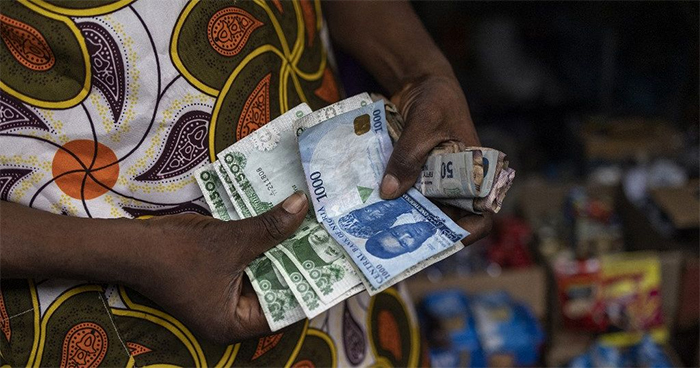(3 minutes read)
Nigeria’s apex court invalidated the naira redesign policy of the Central Bank of Nigeria (CBN).In a significant pronouncement, Nigeria’s Supreme Court has faulted the outgoing President Muhammadu Buhari for withdrawing the old N200, N500, and N1000 notes from circulation
Nigeria’s apex court invalidated the naira redesign policy of the Central Bank of Nigeria (CBN).In a significant pronouncement, Nigeria’s Supreme Court has faulted the outgoing President Muhammadu Buhari for withdrawing the old N200, N500, and N1000 notes from circulation. The court also did not favour the government’s decision to redesign the banknotes without consulting the federating units. The court observed that the views of the 36 states should have been taken before implementing the crucial decision.
The court ruled that the old naira notes would remain valid until December 31, 2023. The seven-member panel of judges who sat on the matter comprised John Okoro, Amina Augie, Mohammed Garba, Adamu Jauro, Tijjani Abubakar, Emmanuel Agim, and Ibrahim Saulawa. The court delivered judgment in a suit instituted by three states of the federation. Later, more states were implemented, taking the total number of states to over 15.
Read Also:
https://trendsnafrica.com/nigerias-labour-party-to-approach-court-for-rigging-presidential-election/
https://trendsnafrica.com/us-extends-visitor-visa-validity-for-nigerians/
The withdrawal of different denominations of Naira was taken presumably to end the parallel economy before the recently held elections. It was also purported to ensure the elections were held in a free and fair manner. However, Nigerians have been struggling with the shortage in cash since the Central Bank of Nigeria (CBN) began to swap old bills of the local naira currency for new, re-designed ones. This led to a massive shortfall of currencies. There were serpentine queues before the banks to exchange the old notes for new ones, which were short in circulation. This has triggered violent protests in major cities. Angry and frustrated bank customers attacked and vandalised banks and blocked roads. The informal sector was the most affected since that segment is predominantly cash driven for effecting transactions.





